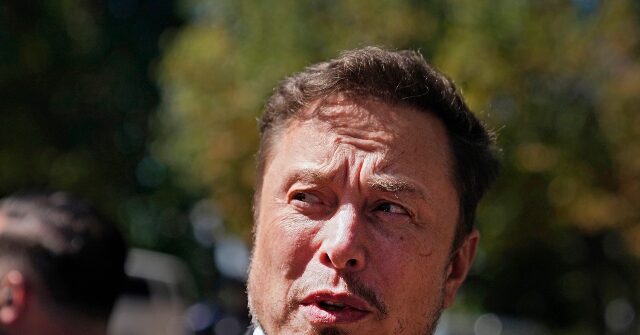In a notable legal decision, Tesla CEO Elon Musk was dealt a blow as a Delaware court upheld a ruling that voided his ambitious $56 billion pay package, deemed the largest in U.S. corporate history for an executive. Chancellor Kathaleen McCormick from the Delaware Court of Chancery reaffirmed her January ruling that found the compensation plan was granted through a flawed process, considering Musk’s overwhelming control over Tesla, which negatively impacted the negotiations with the board. The court criticized the governance behind the plan, suggesting that Musk effectively dictated terms to a board that could not fairly counter his demands.
The ruling highlighted the lawsuit brought forth by a Tesla shareholder who argued that the company’s directors failed to uphold their fiduciary duties by approving Musk’s compensation without adequate scrutiny. Specifically, McCormick pointed out that Musk had orchestrated a “self-driving process” for his pay package, indicating that he had manipulated the situation to his advantage. The judge left open the contentious question of whether Musk, the wealthiest individual in the world, was indeed overpaid, while emphasizing that the compensation determined through this flawed process amounted to an “unfair price.”
Following the earlier ruling, Tesla attempted to seek legitimacy for Musk’s pay package through a shareholder vote during an annual meeting in Austin, Texas. Musk’s defense team sought to leverage this vote as evidence of shareholder approval in a bid to challenge the court’s ruling. However, Chancellor McCormick dismissed this argument, asserting that allowing defeated parties to create new narratives following a judgment could prolong legal disputes indefinitely, undermining judicial efficiency.
In a key component of the ruling, the court awarded $345 million in attorney fees to the legal team representing the Tesla shareholder, recognizing their successful efforts to nullify Musk’s pay plan. The attorneys from Bernstein, Litowitz, Berger & Grossmann expressed their gratitude towards the court for presiding over the intricate case. Despite the court’s decision, Musk’s financial profile has experienced a remarkable surge. His net worth reportedly increased by more than $43 billion since Donald Trump’s election in November, propelled by a 42% rise in Tesla’s stock, signaling optimism regarding favorable regulatory frameworks anticipated under the new administration.
While Musk’s wealth calculates to approximately $150 billion, excluding his ownership in SpaceX, it raises further questions about the implications of his compensation package, which at its peak would have been estimated at around $101.4 billion had it remained intact. In response to the Delaware court’s decisions that he strongly criticized, Musk suggested a reconsideration of Delaware as a favored state for business incorporation. Subsequently, Tesla made moves to reincorporate in Texas, which also included relocating Musk’s other ventures like SpaceX out of Delaware.
Despite this legal setback, Musk intends to appeal the ruling and has taken a firm stance on social media, denouncing the court’s decision as “absolute corruption.” This declaration suggests ongoing tensions between Musk and Delaware’s legal frameworks, as well as stirring discussions about corporate governance standards in major U.S. firms. The case raises fundamental questions regarding executive pay packages, the balance of power between boards and CEOs, and shareholder rights in corporate America.

